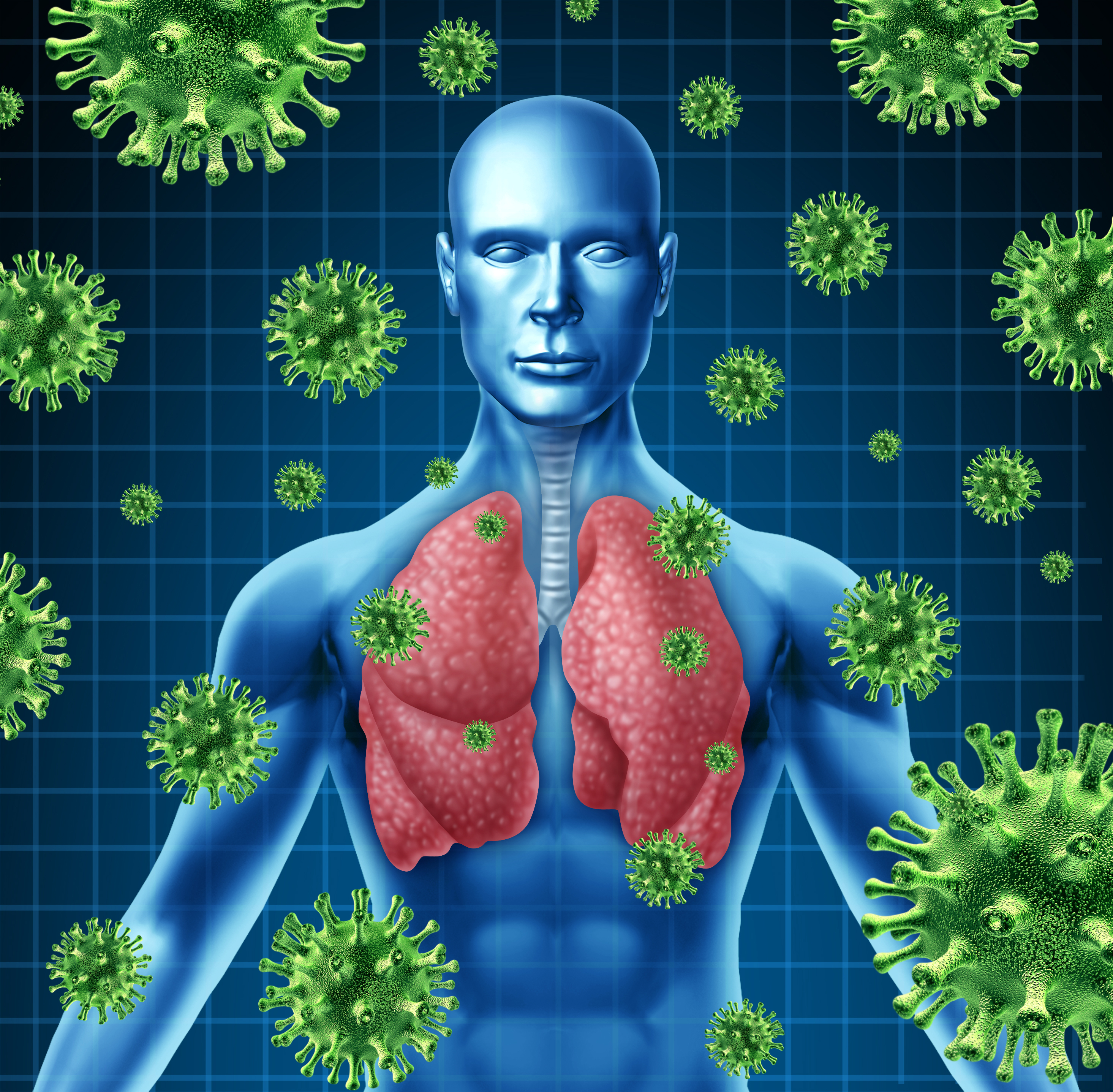teaser
A protein that explains how smoking can spark genetic changes which cause cancer has been pinpointed by scientists for the first time.
The experts have discovered that production of the protein FANCD2 is slowed when lung cells are exposed to cigarette smoke, and low levels of FANCD2 lead to DNA damage which triggers cancer.
The findings, published in the British Journal of Cancer, add to the vast body of evidence linking smoking to lung cancer and may help scientists improve treatments for the disease in the future.
Cigarette smoke curbs the production of “caretaker” proteins like FANCD2, which normally prevent cancer by fixing damaged DNA and causing faulty cells to die.
Lead author Dr Laura Hays, research assistant professor in the Department of Medicine at Oregon Health & Science University in the US, said: “These findings show the important role FANCD2 plays in protecting lung cells against cigarette smoke and may explain why cigarette smoke is so toxic to these cells.”
Copyright © PA Business 2008

